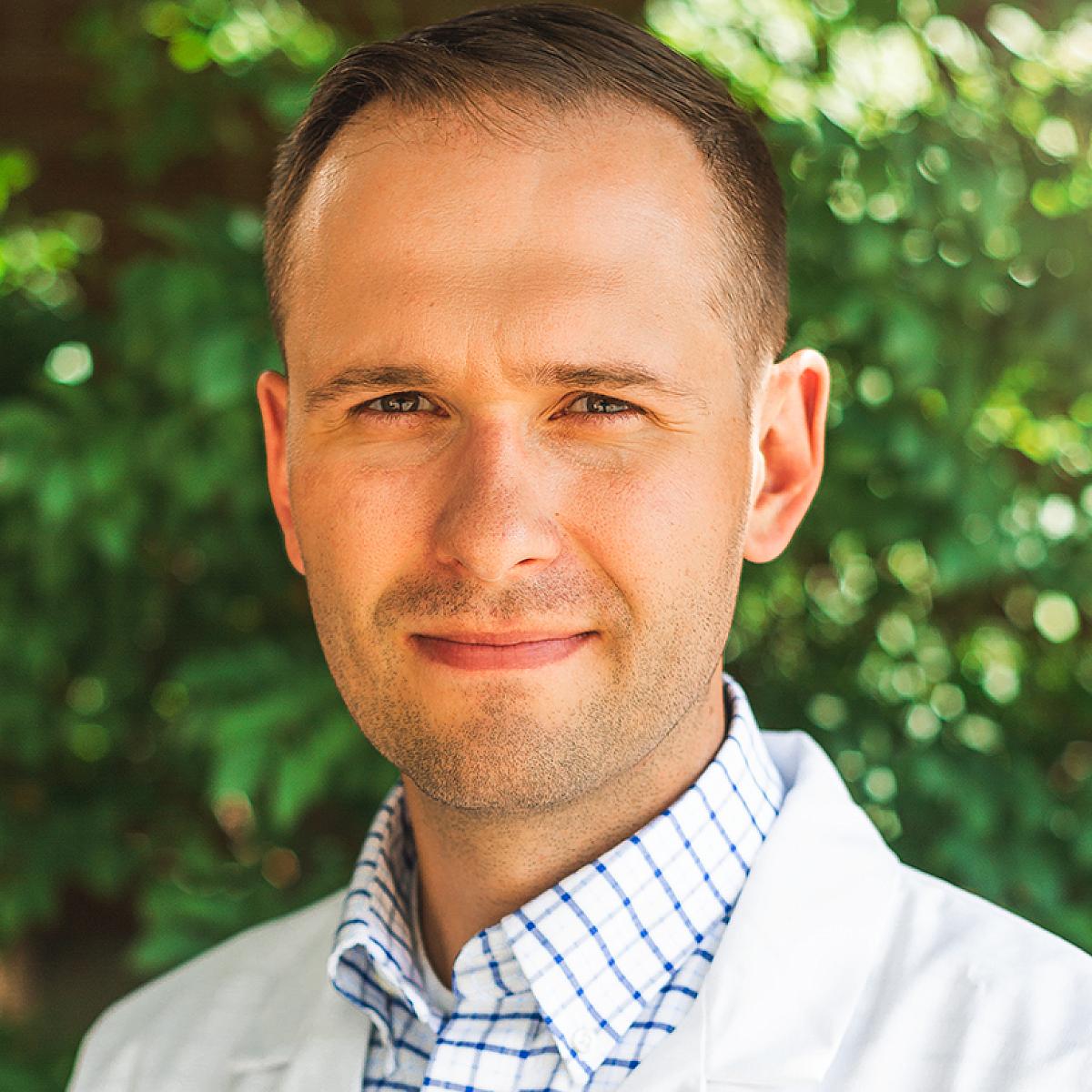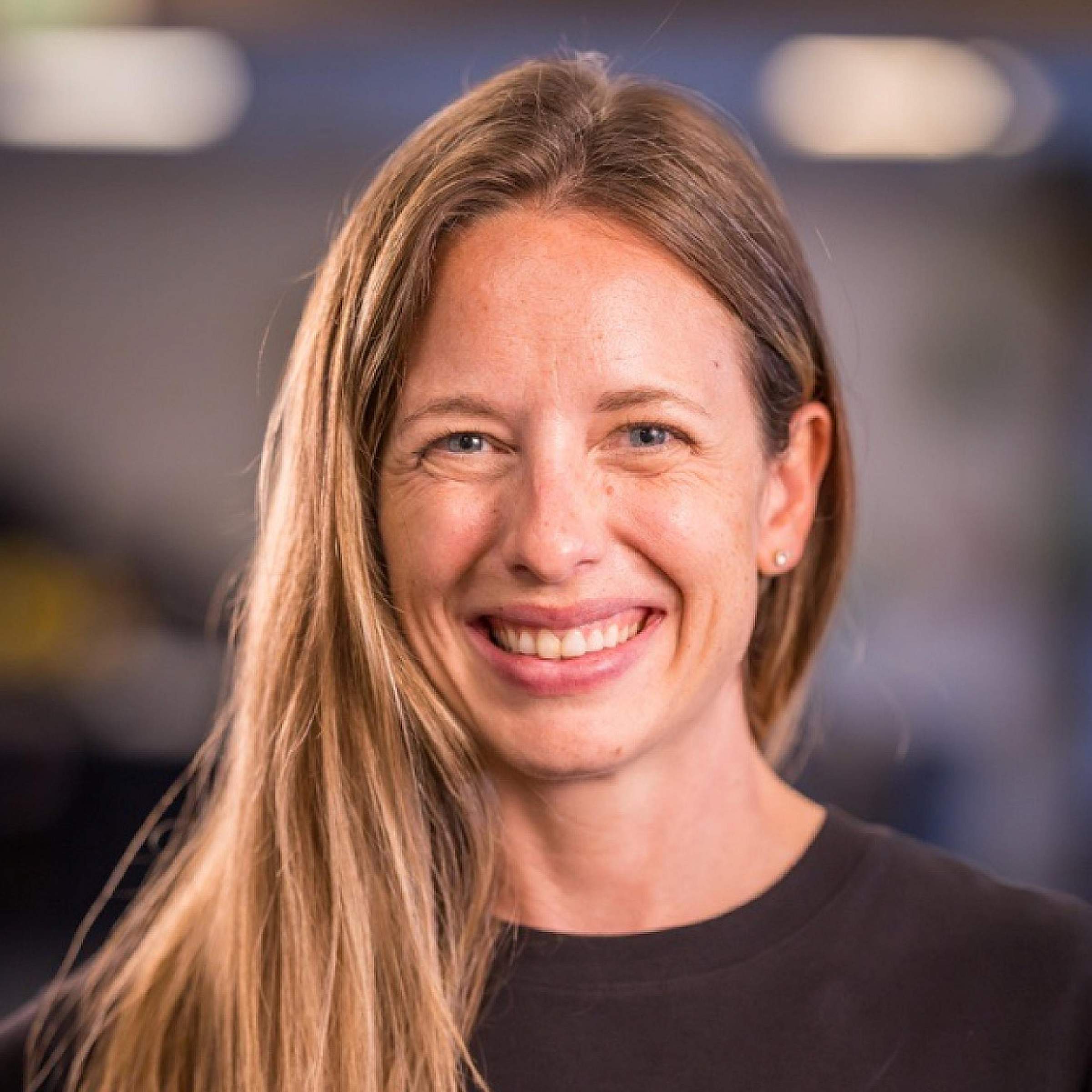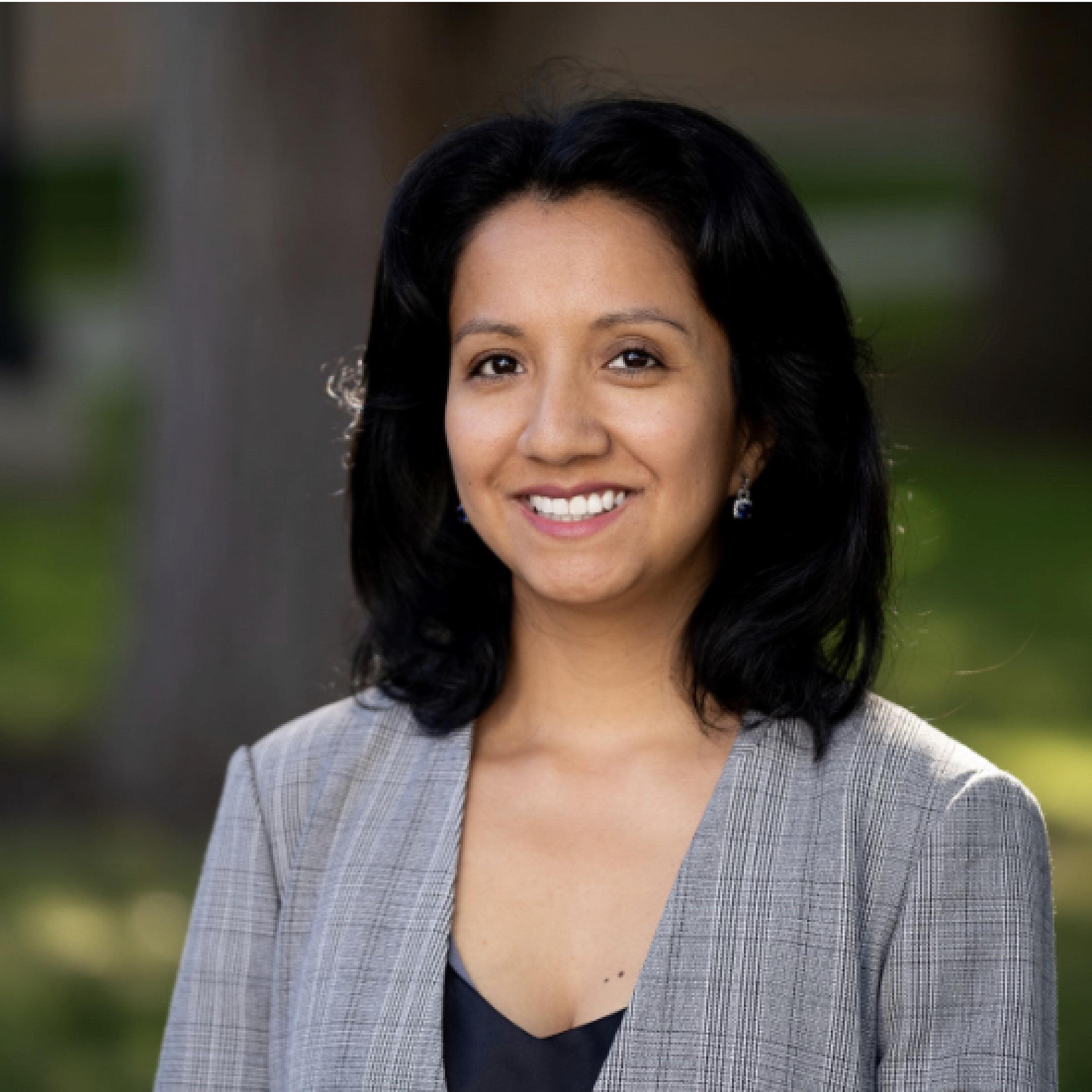
Clinical Experience
Clinical Exposure
We work with our fellows to customize their educational curriculum and meet their unique needs. If you have a particular area of interest that is not covered in-depth by our current curriculum, talk to us about how we can better tailor your educational experience. We offer well-rounded clinical and procedural training.
Advanced Procedural Training
With the unique patient population, we have a high volume of intrauterine tranfusions (IUTs) and cesarean hysterectomies relative to other centers.
Our fellows are trained to perform these types of maternal-fetal medicine procedures:
- Amniocentesis
- Breech extraction of the second twin
- Cerclage (including Shirodkar and MacDonald procedures)
- Percutaneous umbilical cord sampling / intrauterine transfusion (IUT)
- Dilation and evacuation (first and second trimester)
- Cesarean hysterectomy for placenta accreta spectrum and obstetric hemorrhage
- Operative vaginal delivery (vacuum and forceps)
Clinical Autonomy
Our fellows function as independent obstetriticians for activities within the scope of a general OB/GYN. Our fellows are not ‘PGY-5’ residents or super-chief-residents; rather, they enjoy well-deserved autonomy in procedures and patient management that they have already mastered. They have direct supervision for MFM consultations, management, and procedures.
Experiential Learning
We focus on hands-on ultrasound training and have ultrasound and genetic case conferences moderated by experts. As a referral center for the Intermountain West, our fellows are exposed to a high volume of fetal anomalies and fetal/maternal genetic disorders. Our fellows are mainly based at two large tertiary-care hospitals, both with large regional NICUs. The University of Utah and Intermountain Medical Center both have busy labor and delivery units, active diagnostic centers, and ample opportunities for education.
Clinical Rotation

Research
- One month of MSCI coursework (Year 1)
- Protected time for research
Clinical Outpatient
- Hands-on ultrasound training (Year 1)
- Continuity, consults, & ultrasound (All years)
- Fetal center (Years 2–3)
- Genetics (2) & Cardiology (1) (Year 2)
- Electives* (4) (Years 2–3)
Inpatient
- L&D/Antepartum
- ICU rotation (Year 1)
Over all three years, fellows have inpatient in-house call. Rotations split between Intermountain and University of Utah Health sites.
*Elective options: family planning, diagnostic procedures, advanced imaging, and fetal diagnosis and others.
Types of Clinical Rotations
Education
Didactics
A favorable education to service ratio is top priority. Our fellows have protected time for all educational activities.
We have a highly structured didactic schedule that emphasizes faculty participation and highlights several guest speakers annually. Many of our faculty are international experts on particular topics and are actively involved in fellow education.
Some examples of recent didactics include:
- Ultrasound didactics
- Postpartum Hemorrhage
- Complex Contraception
- Mental Health Disorders in Pregnancy
- Neurologic Emergencies
- Maternal Fetal Medicine Transports
- Hypertensive Disorders of Pregnancy
- Dermatoses of Pregnancy
- Endocrine Disorders in Pregnancy
- Obstetric Critical Care
- Insulin Management in the Complex Diabetic Patient
- Lower Urinary Tract Obstruction and the RAFT Study
- Autoimmune Disease in Pregnancy
- Placental Pathology
- Pregnancy in the Fontan Patient
- Complications of Monochorionic Twin Pregnancies
- Perspectives of Care of Fetuses and Infants with Trisomy 13 and 18
- Single Ventricle Physiology
- Inherited Bleeding Disorders of Pregnancy
- Fetal Midline Brain Abnormalities
Weekly/Monthly Conferences
- Fetal Care Conference (weekly)
- MFM Division Research meeting (twice monthly)
- Ultrasound Conference (twice monthly)
- Accreta Conference (monthly)
- Perinatal Pathology (monthly)
- Consensus Conference (10 times per year)
- MFM Didactics (weekly)
- Adult Congenital Heart Disease Conference (monthly)
- Fellowship in Progress (3 times per year)
Simulation
We have a successful simulation curriculum, led by Drs. Eller and Richards, that facilitates procedural knowledge and competency.
Our simulation sessions include:
- Difficult deliveries (operative vaginal delivery, cesarean techniques)
- Communication
- Needle Procedures
- Abdominal Packing and OB Salvage Surgery
- Fetal echocardiogram


